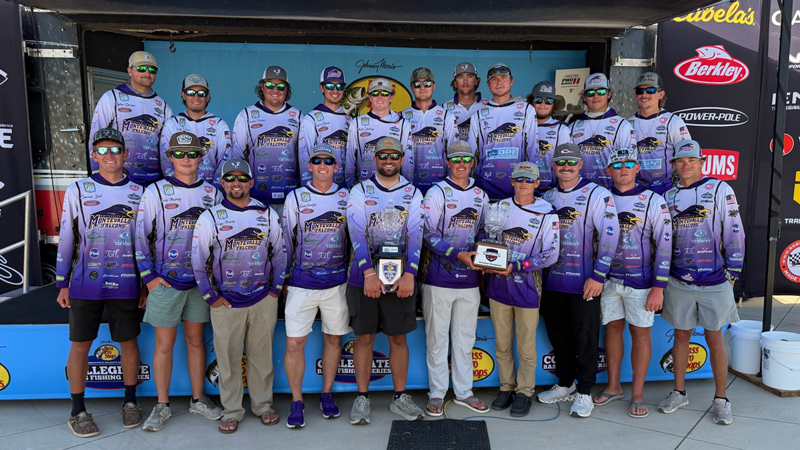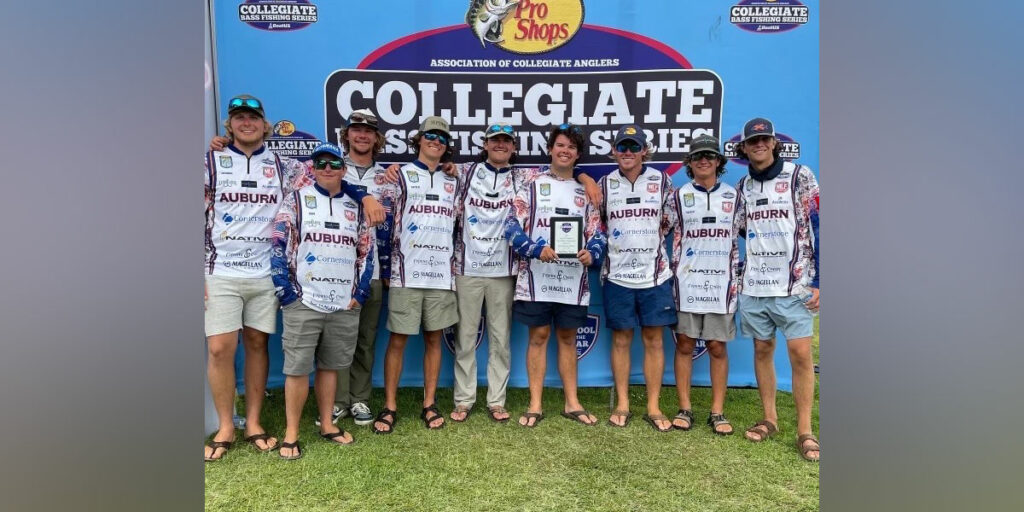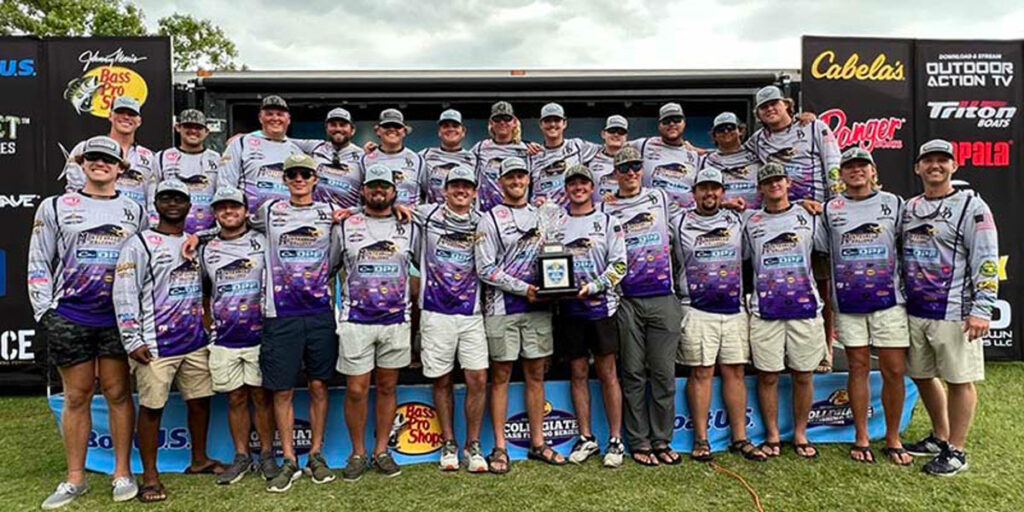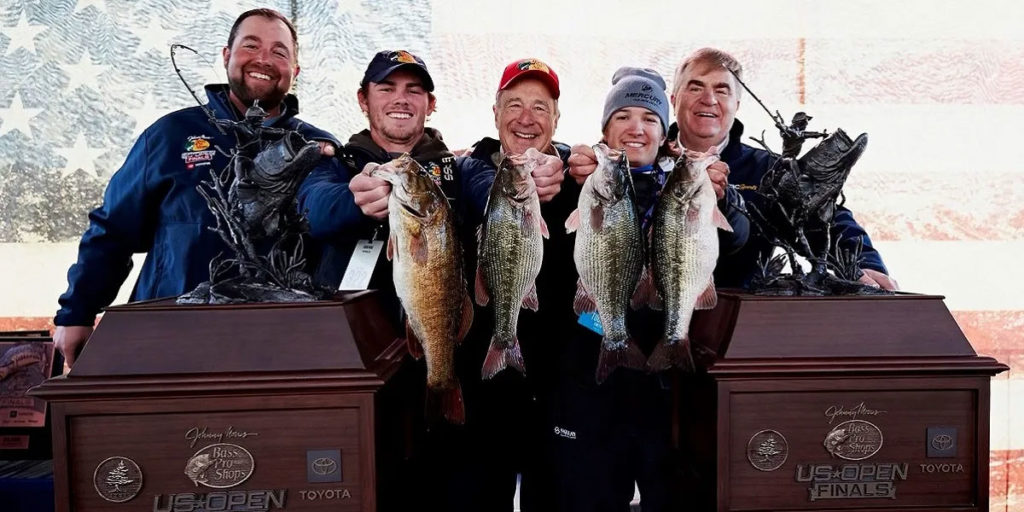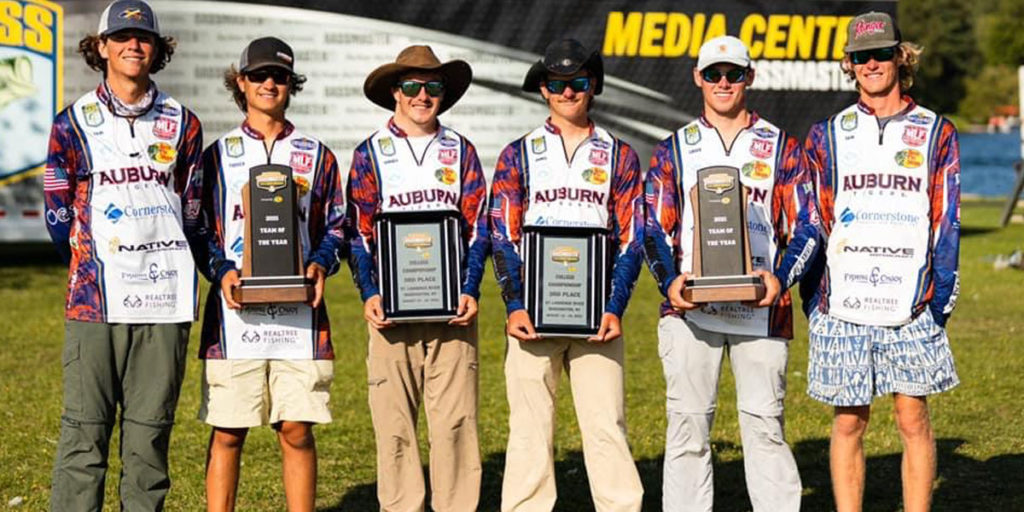
Very few people outside of Demopolis are likely to know about the town’s grain elevator slough, except for traveling anglers who fish the area. But for anyone from Demopolis, the name is instantly recognizable and immediately conjures images of the slough.
Jackson Street, a major thoroughfare on the interior of town, crosses the slough on a little concrete bridge that is either preceded or followed (depending on the direction you are traveling) by a sharp S curve.
Its prominent location means it is firmly rooted in the public consciousness. And for me, that was always a bit odd because there’s a part of me that feels a bit possessive about it as if it was mine and mine alone. That, in itself, is a bit strange, because my family didn’t own an inch of its bank – although most of the town assumed we did.
My father kept the family’s three horses in a scrubby little pasture next to the slough. Just about everybody in town knew that they were our horses and just about everybody in town would have said that was our pasture because our horses were there and it was next to my father’s store.
But the pasture and all the grain elevator slough’s eastern shore north of Jackson Street belonged to David Turner, owner of the Demopolis Hickory Mill. Mr. David, as I called him, was kind enough to allow my father to keep the horses there.
As I grew older and realized that the grain elevator slough was in the public domain—visible from one of the town’s busiest streets and accessible by any boat on the river—it seemed strange to me. I had experienced something there that was very personal to me, and it didn’t seem right that it should be on public display.
It was there, on the banks of the grain elevator slough, that I learned to love fishing. I didn’t catch my first fish there, but I experienced fishing that made me keep wanting to come back Saturday after Saturday.
I had no idea what we were doing that Saturday when we pulled up to Mr. Caldwell’s bait shop. Dave Caldwell had turned an old concrete block laundry on the banks of the Whitfield Canal into a marina, boat motor repair shop, and bait shop. My father purchased a Styrofoam minnow bucket, a dozen shiners, and two bamboo poles. We then drove across Hickory Mill Road and parked at my father’s store.
I had a love-hate relationship with the store. I had to love it because it was my father’s store and I expected to own and run it one day. But it sucked away a good bit of his free time, particularly when late-arriving Saturday customers lingered past the noon closing time. When he parked at the store, I thought that would likely end the fishing trip.
Instead, we walked to the pasture gate, which Dad opened and told me to go through. That scared me a bit because Rusty, the meanest damned horse I’ve ever seen, was inside the fence. But so was Lady, the piebald pony that was his mother and the only horse I ever truly loved. And I figured Lady could keep him in check if needed.
Dad stepped through the gate with the cane poles and minnow bucket, and we began walking through the pasture toward the slough. At this time, it was not known as the grain elevator slough because the grain elevator was still under construction.
The pasture had flooded in the great flood of 1962 and with that flood had come fire ants. Between dodging their hills and the piles of horse manure, I walked a zig-zag course. The weather was already warm, and each step seemed to release the pungent smell of bitter weed, the yellow-flowered plant common to poorly tended pastures. Honey bees, something else I disliked, buzzed around the yellow flowers.
As we neared the edge of the slough, I grew hesitant. The bank was a sheer chalk wall, with probably no more than a 7-foot drop down to the water. To me, however, it looked like a height you might see on ABC’s Wide World of Sports cliff diving competition. A fall from it would surely mean instant death.
My father reassured me and told me to sit on the ground. He unwrapped the line on my pole, reached into the minnow bucket and came out with shiner. He impaled it on a gold crappie hook.
A dead tree had fallen into the water in the spot he had chosen, and its branches protruded above the water. My father swung the wiggling minnow out over the water and lowered it next to one of the protruding branches. The natural colored cork bobbed in the ripples.
“Watch your cork,” my father said. “If it goes under the water, you’ve got a fish. Pull it out of the water.”
After what seemed like a very long time, my cork bobbed up and down ever so slightly.
“You’re getting a bite,” My father said.
I looked at the cork but didn’t really get it. It bobbled again and then again, a little more urgently. Then the cork went underneath the water.
“You’ve got him, son,” Dad said. “Pull him out.”
I looked at him blankly, not knowing what to do. He grabbed the pole with one hand and helped me lift it out of the water. On the end of the line was a wiggling, flopping crappie. It thumped down on the pasture behind us and flopped.
My father put it on a stringer and hung it from a tree on the bank. Three more eventually joined it. He even let me pull out the fish he hooked.
The fish weren’t all that were hooked—I was too. As we walked back across the pasture with four fish on the stringer, it seemed to me as if Christ himself had filled our nets with such a great catch that it was too much to haul into our metaphorical boat.
We visited that spot week after week, usually walking away with four or five fish. It doesn’t seem like much now, but at the time, I thought it was pure magic.
The dead tree eventually sank, and that particular spot was never as good again. There were other spots along the slough’s banks, but none were ever as special as that one.
If I happen to be in Demopolis and drive across the grain elevator slough on Jackson Street, I can see that spot from the road. Anybody who travels that way can, I guess. But it still seems as if it’s mine alone.
About the Author: Robert DeWitt has worked for more than 30 years as a reporter and columnist in Alabama and has won numerous awards. He was a member of the staff at The Tuscaloosa News that was awarded the Pulitzer Prize for coverage of the April 27, 2011, tornado. He is a native and lifelong resident of Alabama






